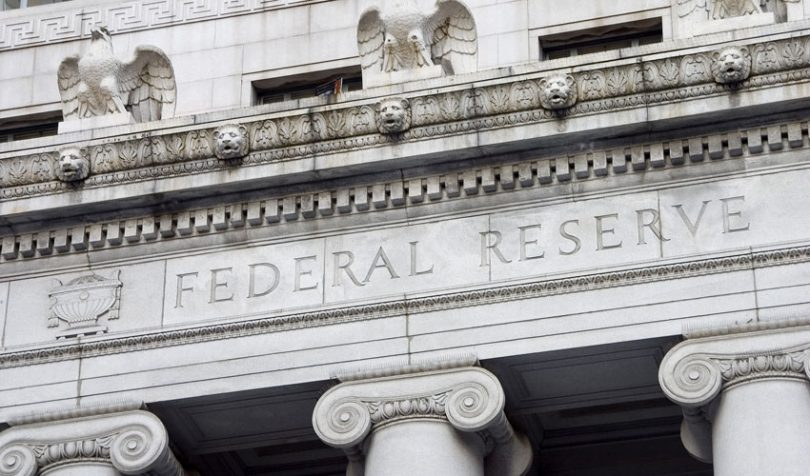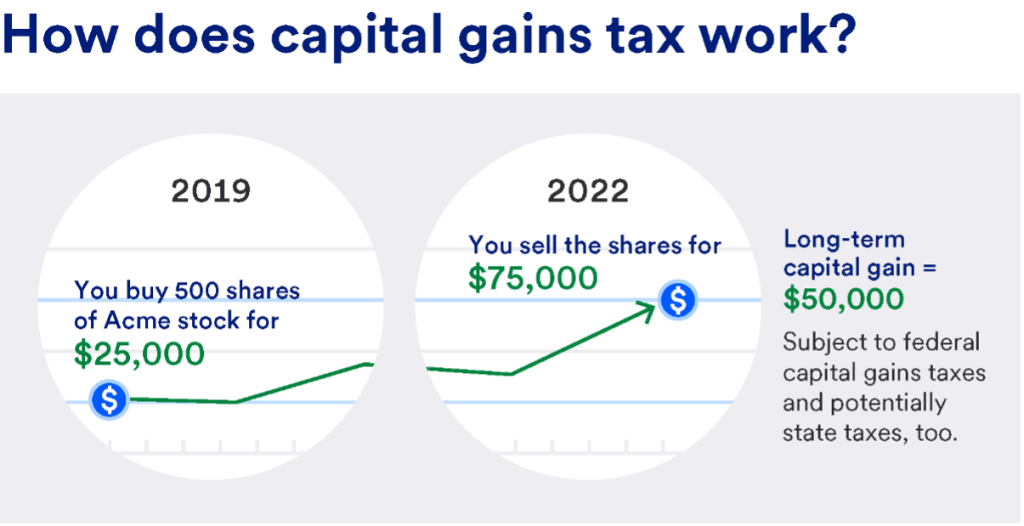Decentralized cryptocurrency, led by the pioneering technology of blockchain, has emerged as a disruptive force in the financial landscape. As the world transitions toward a more digital and interconnected future, the impact of decentralized cryptocurrencies on the United States Federal Government cannot be understated. In this comprehensive blog post, we will explore the various ways in which decentralized cryptocurrencies are reshaping the traditional roles and functions of the federal government, including implications on monetary policy, financial regulation, taxation, and national security.
To understand the impact of decentralized cryptocurrency on the United States federal government, it is crucial to grasp the underlying principles of this groundbreaking technology. At its core, decentralized cryptocurrency operates on blockchain technology, a distributed ledger that securely records transactions across a network of computers. The most well-known example is Bitcoin, introduced in 2009, followed by numerous altcoins and blockchain-based projects.
Decentralization, a key feature of cryptocurrencies, eliminates the need for intermediaries such as banks or central authorities. Transactions are verified by a network of nodes through a consensus mechanism, often proof-of-work or proof-of-stake, ensuring transparency and immutability. This departure from traditional financial systems holds significant implications for the federal government.
One of the primary functions of the United States Federal Reserve is to implement monetary policy, controlling the money supply and interest rates to achieve economic stability. Decentralized cryptocurrencies introduce a new dimension to this system by providing an alternative form of currency that is not subject to government control or manipulation.
Unlike traditional fiat currencies, which are issued and regulated by central authorities, cryptocurrencies operate on decentralized networks. Bitcoin, for instance, has a fixed supply cap of 21 million coins, preventing governments from arbitrarily inflating the currency. This challenges the Federal Reserve’s ability to control the money supply and influence inflation rates.
The decentralized nature of cryptocurrencies can influence the stability of traditional financial systems. In times of economic uncertainty or political instability, individuals may turn to cryptocurrencies as a hedge against inflation and economic downturns. This shift in behavior could impact the effectiveness of traditional monetary policy tools and the Federal Reserve’s ability to respond to economic crises.
The decentralized and pseudonymous nature of cryptocurrency transactions poses challenges for regulatory authorities, including the United States Securities and Exchange Commission (SEC) and the Financial Crimes Enforcement Network (FinCEN). Cryptocurrencies, often operating outside the traditional banking system, raise concerns about illicit activities such as money laundering, fraud, and terrorist financing.
Cryptocurrency transactions, while transparent on the blockchain, can be conducted with a level of anonymity. This challenges the ability of regulatory bodies to enforce Anti-Money Laundering (AML) and Know Your Customer (KYC) regulations, essential for preventing illegal financial activities. The federal government must adapt its regulatory framework to address these challenges and ensure the integrity of the financial system.
The decentralized nature of cryptocurrencies enables regulatory arbitrage, where individuals and businesses can choose jurisdictions with favorable or lax regulations. This poses challenges for the federal government, as enforcing consistent regulations across borders becomes increasingly difficult. Global coordination is crucial to address these issues and prevent regulatory gaps that could be exploited for illicit purposes.
Decentralized cryptocurrencies introduce complexities in the realm of taxation, requiring the federal government to navigate new challenges in assessing and collecting taxes on crypto-related activities.
The decentralized nature of cryptocurrencies enables regulatory arbitrage, where individuals and businesses can choose jurisdictions with favorable or lax regulations. This poses challenges for the federal government, as enforcing consistent regulations across borders becomes increasingly difficult. Global coordination is crucial to address these issues and prevent regulatory gaps that could be exploited for illicit purposes.
As cryptocurrencies gain wider acceptance as investment assets, the federal government must adapt tax policies to address capital gains and losses associated with crypto investments. Determining the fair market value of cryptocurrencies and establishing clear guidelines for reporting gains and losses are essential for a fair and transparent tax system.
Decentralized cryptocurrencies present both opportunities and challenges in the realm of national security. While they can provide financial privacy and offer a means of circumventing traditional banking systems, they also pose risks related to illicit financing and potential threats to the stability of the U.S. dollar.
Cryptocurrencies, with their emphasis on privacy and pseudonymity, can be attractive to individuals seeking financial privacy. This poses challenges for law enforcement agencies and intelligence services, as tracking illicit activities becomes more challenging. Striking a balance between individual privacy rights and national security interests is a delicate task for the federal government.
The widespread adoption of decentralized cryptocurrencies could, in theory, pose a threat to the stability of fiat currencies, including the U.S. dollar. As more individuals and businesses embrace cryptocurrencies, there may be a shift away from traditional financial systems, impacting the government’s ability to manage and stabilize the national currency.
While decentralized cryptocurrencies present challenges, they also bring about opportunities for technological innovation and economic growth. The federal government can leverage these opportunities to foster innovation, job creation, and global competitiveness.
Beyond cryptocurrencies, blockchain technology has applications in various industries, from supply chain management to healthcare. The federal government can encourage the adoption of blockchain technology by fostering a supportive regulatory environment, promoting research and development, and collaborating with the private sector to explore innovative use cases.
The cryptocurrency and blockchain industry has the potential to contribute significantly to economic growth and job creation. By supporting a vibrant ecosystem of startups, fostering talent development, and promoting investment in the sector, the federal government can position the United States as a global leader in blockchain technology.
Decentralized cryptocurrencies, driven by blockchain technology, have ushered in a paradigm shift with far-reaching implications for the United States Federal Government. From challenging traditional monetary policies to presenting regulatory and taxation hurdles, the decentralized nature of these digital assets requires adaptive responses from government institutions.
As the federal government navigates these challenges, it is essential to strike a balance between fostering innovation and ensuring the integrity of the financial system. Embracing the opportunities presented by decentralized cryptocurrencies, while addressing the associated risks, can position the United States at the forefront of the digital revolution, driving economic growth and technological advancement in the 21st century.






